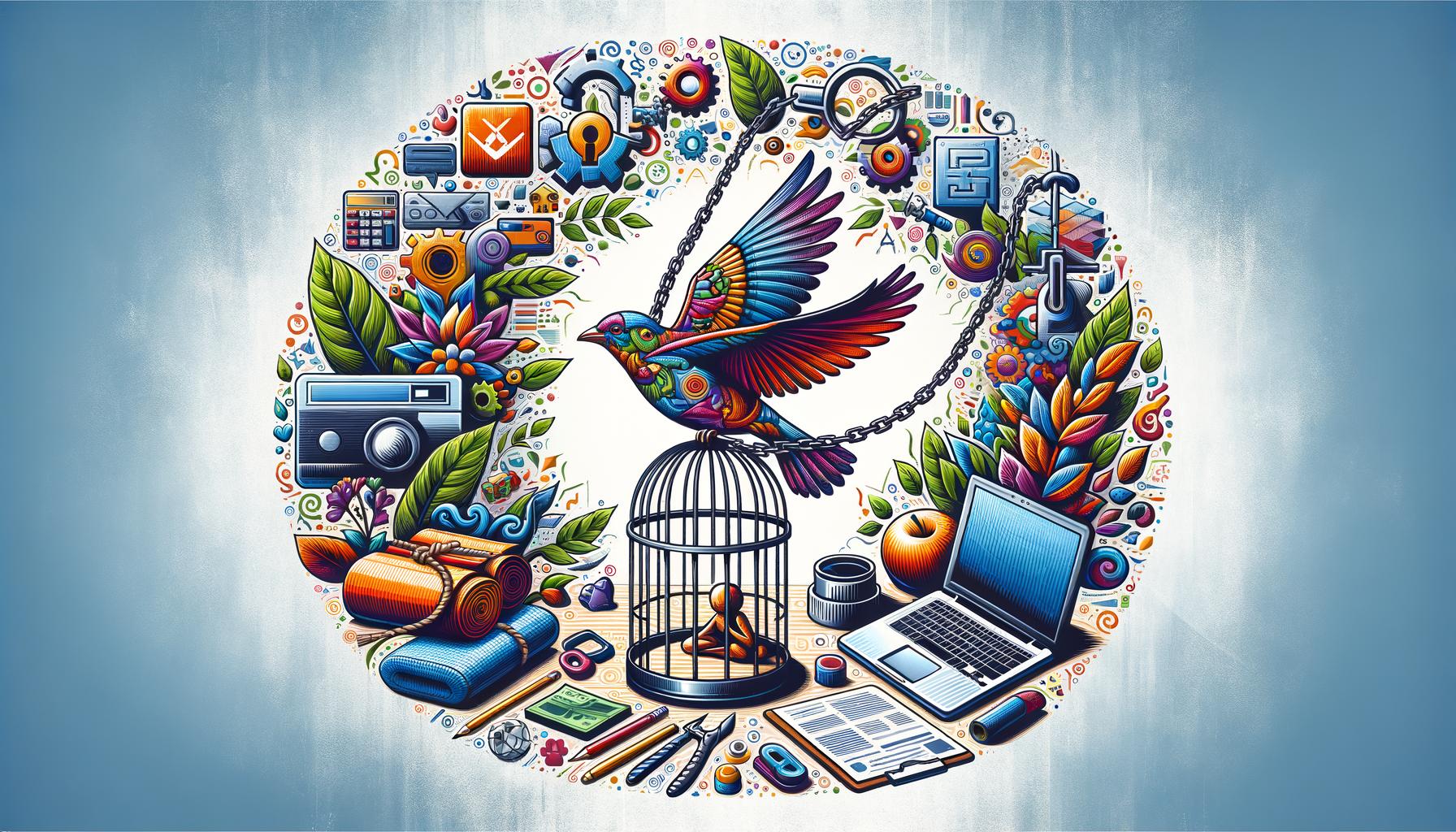
Introduction to Circumnavigating Credit Card Catastrophe
Is getting out of credit card debt really as hard as it feels like? While it may seem like an intimidating predicament, it’s definitely not an impossible feat. Effectively eliminating credit card debt requires understanding your unique financial situation, creating a customized plan, and implementing it diligently with discipline. This isn’t a one-size-fits-all, quick-fix solution but rather a journey that requires continuous effort, just like shedding those extra pounds. We’ll dive deeper into this journey, exploring effective techniques, busting common myths, and untangling the confusion often associated with credit card debt.
Acknowledging the Abyss: Recognizing Your Debt
The first and crucial step towards paying off credit card debt is acknowledging the dark abyss you’re in – recognizing your debt. It might sound simple, but it’s like opening a closet full of skeletons – daunting, yet necessary. Start by calculating your total outstanding balance across all credit cards. Don’t forget to consider not just the principal amount but also the gnawing interest rates that are like termites to your financial foundation. Knowledge is power, and in this case, it’s the first step towards regaining control over your impulsive plastic swipes.
Dealing With Debt: Debt Snowball vs. Debt Avalanche
Once you’ve bitten the bullet and tallied your debt, it’s time to choose your weapon of choice – the debt snowball or the debt avalanche method. The debt snowball method advocates paying off smaller debts first for a sense of accomplishment, like gathering snow for a snowball, while the debt avalanche method proposes paying off high-interest debts first, much like an avalanche that starts small but gathers momentum.
Budgeting and Beyond: Crafting a Repayment Plan
After choosing a suitable approach, it’s time to craft a personalized repayment plan, as unique as your fingerprint, addressing your budget and financial goals. This involves figuring out your monthly income, expenditure, and the amount that can be set aside for credit card payments. Remember, it’s an ongoing war, not a quick skirmish, so creating a sustainable plan is worth more than gold. Opting for a tighter budget today could mean a future free from the shadows of debt.
Cautious Consumption: Curtailing Credit Card Usage
One common pitfall in the journey towards a debt-free life is continuing to rack up credit card charges. It’s like trying to bail out a sinking ship with a leaky bucket. Taming the credit card beast involves using it prudently and only when absolutely necessary. Remember, every swipe increases your outstanding balance, making the road to a debt-free life longer and tougher.
Negotiating the Narrow Path: Seeking Lower Interest Rates
While this might sound ambitious, negotiating with your credit card company for a lower interest rate can be a game-changer. Reaching out to them for a temporary interest rate reduction or suggesting a balance transfer to a card with lower rates could save you a few dollars, or maybe even more. Your negotiation skills could become your joker in this high stakes game against debt.
Tapping into Additional Avenues: Extra Income and Debt Consolidation
If your plan to pay down debt is still plodding along slower than a tortoise, it might be time to consider extra sources of income or explore debt consolidation. From part-time jobs to freelancing, additional income streams can expedite your debt clearance journey. Alternatively, debt consolidation, where you combine all your credit card debts into a single payment with lower interest, could be a viable option.
Conclusion: Persevere for a Debt-Free Paradise
In conclusion, climbing out of the credit card debt pit isn’t easy, but with the right plan, a dash of discipline, and a sprinkle of persistence, you can gradually master your finances and reclaim your financial freedom. And remember, stumbling or falling off the wagon doesn’t mean failure. In this marathon against debt, what matters is getting back on track and continuing the journey.
Frequently Asked Questions
1. Does Paying off Credit Card Debt Improve Credit Score?
Yes, paying off your credit card debt can improve your credit score as it reduces your credit utilization ratio which is a major component of your credit score.
2. Is It Better to Pay Off Debt or Save Money?
It is beneficial to pay off high-interest credit card debt first as the amount you’ll save on interest can be significantly higher than the returns from savings or investments. However, maintaining a small emergency fund is advisable before paying off all your debts.
3. Does Credit Card Debt Go Away After 7 years?
While it’s true that credit card debt may fall off your credit report after seven years, it doesn’t mean the debt simply vanishes. Creditors can still sue you for this money.
4. Should I Take a Loan to Pay off Credit Card Debt?
It may be beneficial to take a loan to pay off high-interest credit card debt if the loan has a significantly lower interest rate. But, always consider the terms, fees, and monthly payments of the new loan to ensure it’s an economically sound decision.
5. Should I Pay off the Smallest Debt First?
This is known as the debt snowball method and indeed, can be a good motivational strategy. Knocking off smaller debts offers a sense of accomplishment, helps build momentum, and are psychologically satisfying. However, from a purely financial viewpoint, it’s often better to repay high-interest debts first.

